The Association for the Development of Industrial Aerodynamics (ADAI) is a nonprofit association created in 1990 by research teams from the Mechanical Engineering Department of the University of Coimbra. ADAI is a Collective Person of Public Utility since 1996 integrated in the Associate Laboratory of Energy, Transports and Aeronautics (LAETA), since 2006.
The CEIF (Centre for Forest Fire Studies) is a branch of ADAI dedicated to the research on forest fires (FF). Its main objective is the promotion of scientific knowledge of the phenomena related to FF occurrence and spread, through the development of research projects and advanced training activities, the participation in pilot projects and cooperation actions. CEIF team is composed by specialists, with several years of uninterrupted work and fully dedicated to the field of FF. ADAI created the Forest Fire Research Laboratory (LEIF) that is a unique facility in its field in Europe, to support experimental research on physical aspects of FF. ADAI has access to field plots where experimental fires are performed. It has protocols with the Portuguese Meteorological Institute, the National Authority for Civil Protection and with the National Fire Brigade Training School. It is responsible for fire behavior and safety modules of the training program of firefighters. ADAI participated in a large number of National projects funded mainly by the FCT and in more than 20 European projects related to FF.
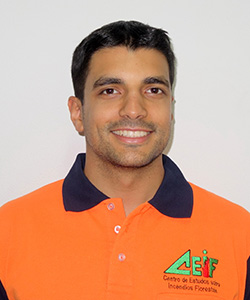
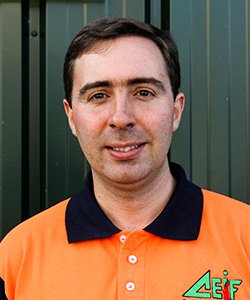
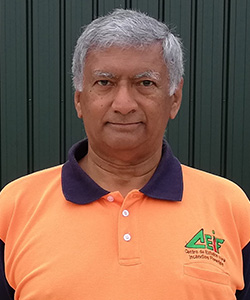
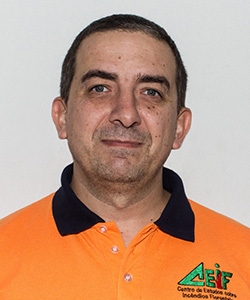
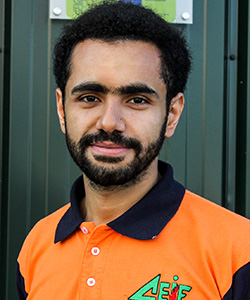

The Institute of Systems and Robotics – University of Coimbra (ISR-UC), founded in 1992 promotes advanced multidisciplinary R&D in several areas of science and technology. ISR-UC is organized in seven activity areas with significant scientific and technological synergies: Human-Centered Mobile Robotics, Field Robotics, Medical Systems and Robotics, Computational Intelligence and Control, Artificial Perception and Cognition, Visual Perception, and Intelligent Energy Systems.
ISR-UC has strong links with industry, both national and international companies, and a vast experience at promoting the creation of spin-offs. ISR-UC has a strong interaction with some of the best research centers around the World, participating in large international projects. ISR also participates in networks of excellence in the robotics area (e.g. IROS, ICRA, IEEE ITSC, RO-MAN). ISR-UC has interaction with strong national and international industries (e.g. Google, PSA Group, Efacec power and automation equipment, Portucel paper group, CIMPOR cement group, EDP Electric Utility, National Money Authority Casa da Moeda, Brisa Motorways, Schneider Electric, ABB Corporate Research, and WEG). In the last evaluations ISR-UC received a rating of Excellent by the FCT International Panel.
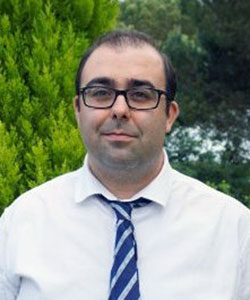
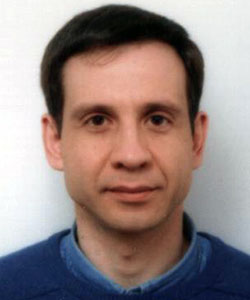
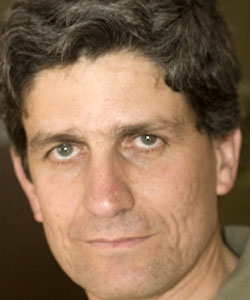
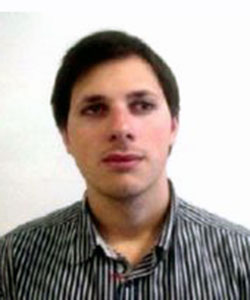
Thales Portugal is a Competence Center of the Thales Group, whose mission is to integrate and develop solutions and products for Thales projects worldwide.
With around 400 specialized human resources Thales Portugal has a strong capability to design, develop, and deploy systems and services in the Defence, Security (Critical Information Systems, Critical Infrastructure and Banking) and Transportation markets.
With activities worldwide, the company is involved in complex multidisciplinary integration projects in countries such as Denmark, Norway, India, Algeria, Turkey, Dubai, UK, Israel and Saudi Arabia, among others. Having initiated activities in the early 1990s, with the Portuguese Rail Modernization Plan, today Thales Portugal is recognized as key technology partner, leader in the transport segment, developing advanced products for Passenger Information and integrated Security and Monitoring systems being responsible for the Development and management of a number of products, modules or components for the Group.
Under the R&D activities, Thales Portugal has regular participation in National and EU research programs/projects being particularly active in fields such as people detection and tracking in densely occupied spaces, sensing and situational awareness and decision support solutions for complex environments and data processing and analytics. Research activities carried out aim to feed and improve existing product lines or trigger the development of new products.
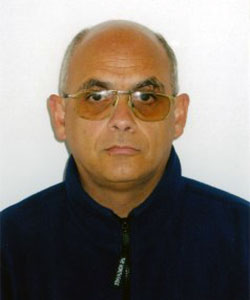
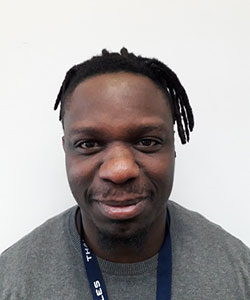
The Associação para o Desenvolvimento do Departamento de Física (ADDF), is a nonprofit oriented organization created in 2000 by the Physics Department of the University of Coimbra, as a complementary tool to manage the scientific projects of its members. Along its existence, ADDF has managed over one hundred scientific projects, funded by different institutions, and has been repeatedly successfully audited.
The main purpose of ADDF is to provide its members a proactive, responsive, administrative support which in practice turns out to be a fundamental service as well as a success factor to their projects and initiatives.

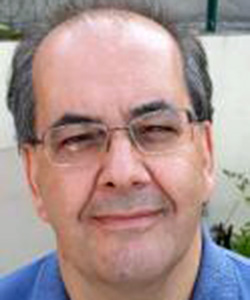
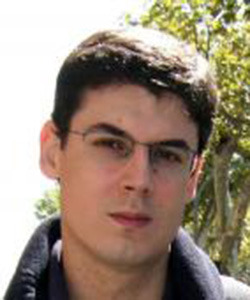
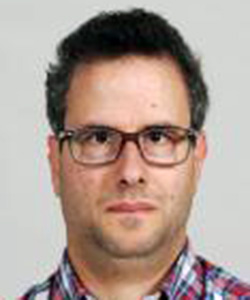
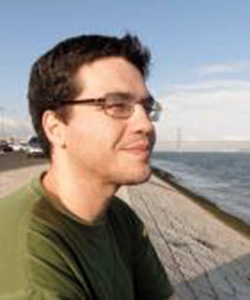
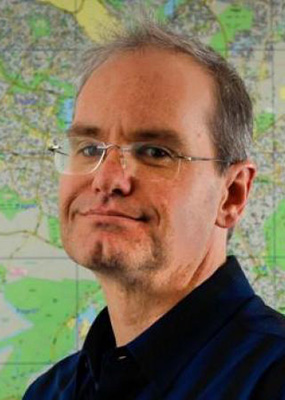
Dr Jason Sharples is an Associate Professor in the School of Science, UNSW Canberra. Jason is part of the Applied and Industrial Mathematics Group and the Computational Science Initiative. He is currently Lead Chief Investigator on two ARC Discovery Indigenous Projects and Project Leader for the Bushfire and Natural Hazards CRC's 'Spot Fire' Project. These projects all consider various aspects of extreme and dynamic bushfire propagation, the development of large conflagrations and bushfire risk management. His research interests include Bushfire Risk Management, Geometry and Mathematical Physics.
Associate Professor in the School of Science, UNSW Canberra, Australia
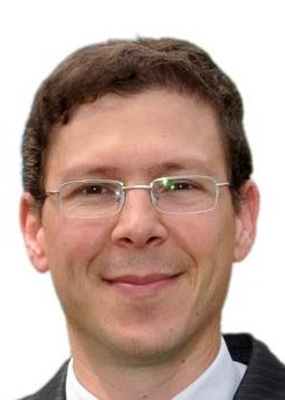
Cristiano Premebida is a Lecturer in the Dept of Electrical and Computer Engineering (DEEC) at the University of Coimbra (UC), Portugal. His main research interests are robotic perception, mobile robotics, applied machine learning, autonomous vehicles, ADAS, and sensor fusion. He is a senior researcher in the Institute of Systems and Robotics (ISR-UC) at UC. He received his PhD degree in electrical and computer engineering from University of Coimbra, Portugal, in 2012, and a M.Sc. degree from the same institution in 2007. He obtained a B.Sc. degree in electrical engineering from State University of Santa Catarina, Brazil, in 2001. C. Premebida has collaborated on research projects in the areas related to mobile robotics, autonomous driving, and applied machine learning.
Auxiliar Professor at the University of Coimbra, Portugal
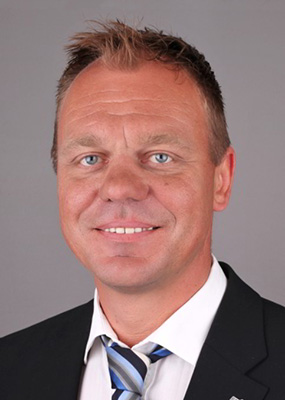
Jörg Fangmann is an electric engineer specialised in numerous questions concerning on- and offshore wind energy. He is the CEO of the company menzio GmbH from Emden in northern Germany. The international team of experts of menzio GmbH is specialised in simulating and measuring the wind to determine and optimise energy yield of on- and offshore wind farms as well as to evaluate wind conditions in urban environments. The in house computational fluid dynamics (CFD) software WindStation is developed for various uses cases. It is successfully tested for wind effects in the scope of dynamic line rating of electric utilities, analysing crosswind conditions along railway tracks and simulating flow effects in complex and forested terrain.
CEO of menzio GmbH, Germany
Project Reference: PCIF/SSI/0151/2018
Project start: December 01, 2019 | Project end: November 30, 2022

